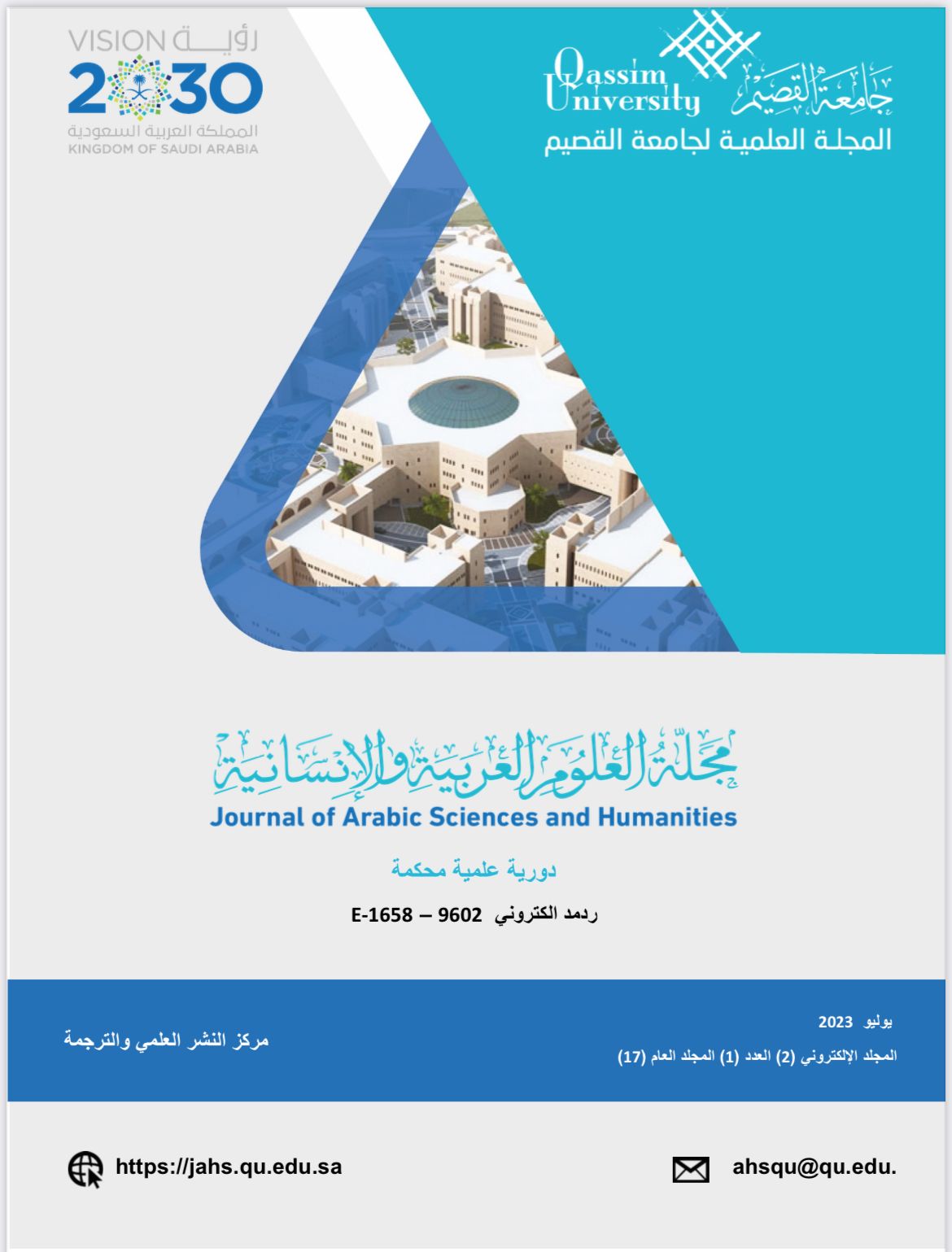Rhetorical Simile Using Arabic Superlative Adjectives In the Holy Quran
Abstract
Emphasis is one of the common figures of speech in the Holy Quran; where it is usually used figuratively in order to create and assert meaning by comparing one thing to another thing. This rhetorical simile emphasizes the meaning intended and creates vivid pictures in the mind of the reader/listener, which increases the effectiveness of the figurative language used. In this study, the researcher examined a number of Quran verses that included examples of rhetorical simile, expressed using Arabic superlative adjectives. The effect created by rhetorical simile is that it gradually enhances the figurative picture painted to reach the climax of the meaning intended. Finally, the main of this study includes gradual assertion of the meaning of the simile helps clarifying the picture and intensifies the effect of the figurative speech used. Second, gradual assertion of the meaning of the simile requires using other types of figures of speech in order to enhance and stress the meaning communicated. Third, gradual assertion of the meaning of the simile is more effective than using ordinary simile, since it conveys a superlative and affirmative form of the meaning intended. Perhaps this trend in Qur’anic rhetorical studies motivates the researchers to further research other aspects of Qur’anic speech as it opens new horizons for thought and reflection on the texts of the Quran and analysis of its verses and texts.

This work is licensed under a Creative Commons Attribution-NonCommercial 4.0 International License.


